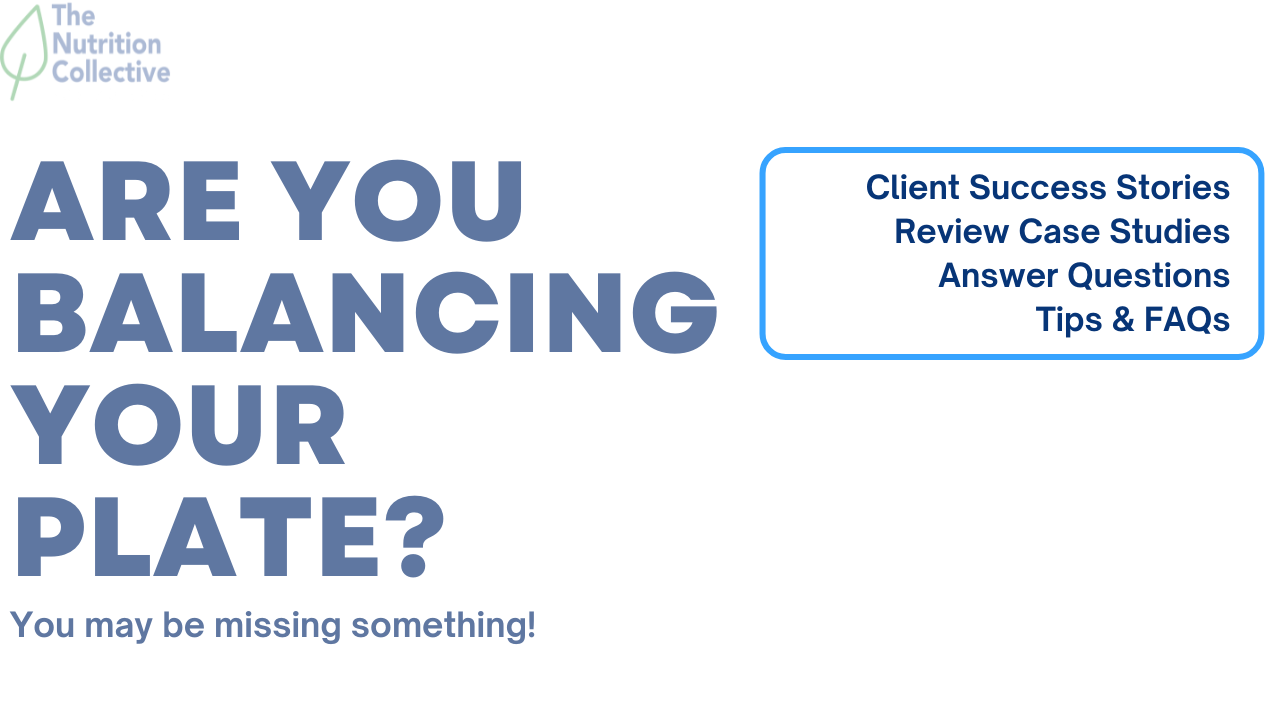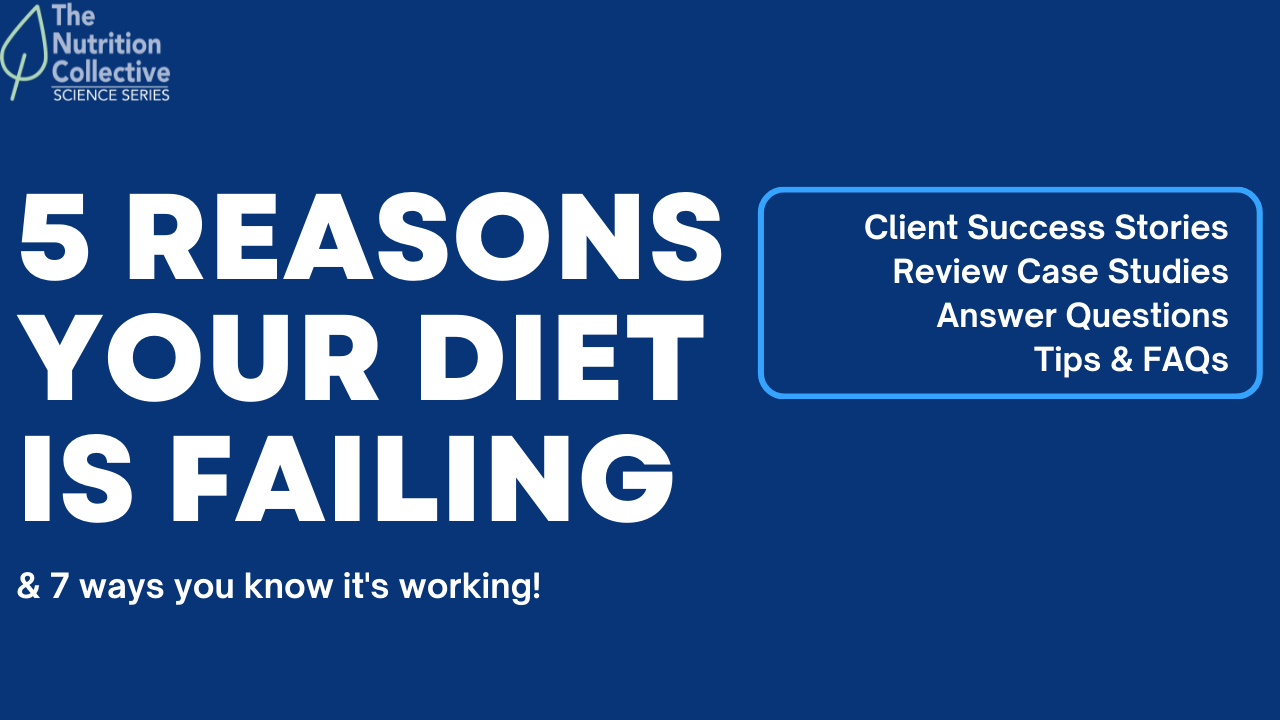We live in a world full of established milestones, material possessions and experiences, and certain thresholds of society’s definition of success. It’s a part of our nature to chase after them. These external goals motivate us to keep doing better. But sometimes, they’re also the reason our needs and wants don’t seem to stop. We always aim to have more than what we currently have.
Look around you and you’ll see your wealthy friends aspiring for more. It doesn’t seem to stop. No one seems content or confident enough to say they’ve made it.
I have my own desires in life, and they are part of my motivation to always do my best. But in the middle of my journey towards achieving them, there are roadblocks, failures, and frustrations, and there’s no way I can turn my back on them and just pretend like everything’s okay.
When things matter to you, they’re a source of frustration as much as inspiration. It’s absolutely okay to be devastated when the things that matter to you fall apart. It’s a part of your growth.
But here comes the kicker: not everything deserves that energy.
Burnout happens when everything affects you. You want that first class destination vacation for you and your family? Great. But check if you and your family really want it because it’s part of who you truly are.
Or do you have other good options that are within your income and just aiming for a particular one because your peers have done it?
Figuring Out What Matters Most
One of the most important lessons you can learn is valuing all the things that really matter in your life. It’s easy to say that money and status are important, but as you contemplate, you’ll realize that it’s the experiences, the struggles and pains, and the time well spent that matter the most.
Caring less about external factors and getting demotivated at some point is fine as long as you keep your passion and motivation towards the things that truly matter to you.
What Are Your Why’s In Life?
The why’s in your life determine your purpose. It drives and fuels your passion. A study shows that a high sense of purpose contributes to a healthier life (1). When you know your purpose, you wake up each day feeling excited and driven to do what you love.
Your why shouldn’t cause you stress. It should motivate and inspire you to continue moving forward towards your goals. It’s what drives you to become the better version of yourself.
I truly started living the moment I figured out my purpose in life. I stopped being influenced by the current status symbols. As I’ve learned to redirect my focus on what really matters, I discovered my own definition of success, and that served as my path on how I should live my life and do things the right way. It’s life changing—I’ve passed specific milestones which had me overjoyed at my progress, and excited for the future.
Like a fingerprint, every person’s why is unique. Your goals, aspirations and definition of success shouldn’t be based on other people’s.
Process Over The Results
Everybody loves the results. You’re working hard for a promotion. You created a regular workout routine because you want to be physically fit and healthy. But what happens when you’ve already achieved the goal or result you want?
The amount of happiness your goals can give you is limited. You struggle, you overcome your problems, and then you achieve your goal–that’s the finish line.
Look at the journey as much as the destination. Focusing on the process more gives you lifelong happiness and valuable lessons. Processes change, but never end. When you look back on what you’ve gone through, you’ll realize how far you’ve already come.
You’ve ditched your unhealthy diet and planned your meals. You reap tons of health benefits in the long run. You’ll also get ideas on what more you can try!
Not All Relationships Are Worth Keeping

Relationships are important, but can sometimes be tricky. You reach a certain level of joy and meaning in your life when you’re content with investing in the people that matter to you and nourishing your relationships.
But when the time comes that you just solve each other’s problems to feel good about yourselves, or a certain person no longer adds value to your life, it’s time to let them go.
Relationships don’t just affect your emotions. A study from the University of Michigan found that unhealthy relationships can massively impact your cardiovascular system and increase the risk of heart problems (2). When you only maintain healthy relationships, you become happier and stress free.
Nurturing a relationship is a two-way give and take process. Before you end a certain relationship, it’s better to take a step back and reflect on what’s working and what’s not. How do these people make you feel? Do they support you with your goals, or just dragging you down?
The only people that matter to you are the ones that don’t drain your energy, and a healthy relationship doesn’t drag you down. It inspires you to be a better version of yourself.
Overall Wellness
Sure, many of us hit the gym and aim to maintain a good weight. Just as many neglect or don’t realize the importance of overall wellness. Your physical, mental, and social health are all important.
It’s difficult to achieve your goals if a part of you isn’t well. Practicing self-care and focusing on your mind, body and soul starts with resetting mentally and prioritizing all aspects of your health.
Memories Over Wealth
The truth is that the more money you make, the more wants you have. Look at your friends with money. Some might still be struggling, trying to do what the people on the next level of wealth are doing.
Living within your means is common advice, but it’s really the basis of wisdom with money. Sure, grow your money, but don’t chase after what you can spend with it.
What are the activities you love to do? Hanging out with your friends? Doing yoga with your workout buddies? Spend money on those things. Make good memories with your family and friends.
Time

We all have the same number of hours a day, but different roles and responsibilities. Sometimes, the problem is that we say yes too often, and as a result have already lost our balance in life. As you say yes to something, you say no to something else.
Instead of having control of your time, you feel like it’s not your own. You’re focusing on a pile of tasks you need to complete and giving less time to doing what you really want. In the end, you might have so many accomplished goals, but weaker relationships and understanding of yourself.
Taking control of your time is important. Your physical, mental, spiritual, and social life all matter. Focusing on where your time goes among these dimensions can bring a greater balance to your life.
Avoiding Toxic Positivity
When challenges and failures go your way, it’s normal to break down and pause for a while. But most of the time, you’d get up and tell yourself “It was just a challenge. I can, and I will continue moving towards my goals.”
While this sounds so positive and encouraging, it also dismisses your own emotions instead of affirming them. You don’t give yourself time to really feel what you need to feel to grow.
Positivity is not bad, until you just sweep your negative emotions under the rug when the things that matter to you fall apart.
It’s Okay Not To Be Okay When Life Doesn’t Go Your Way.
Being vulnerable when life doesn’t go your way can sometimes come off as a signal of weakness and giving up, and we don’t want other people to see us like that. So what we do is to cover our frustration with a toxic positive mindset that we’ll get through it no matter what.
All your emotions are valid. Don’t dismiss emotions and try to resolve conflicts as quickly as possible.
The easiest way to move forward is to get through your emotions. When you acknowledge them and give yourself time to feel what you need to feel, you eventually let them go and start over again.
Your Negative Emotions Balance Out Your Positive Ones.
Both positive and negative emotions are important in our lives. Second wave positive psychology states that in order to live your best life, you have to accept with courage that our life comes with pain and challenges and learn to find deep joy despite the bad situations (3).
We need our negative emotions. Without them, you wouldn’t get through your problems. People normally hit rock bottom and feel bad about it. Your fear, anger and disgust serve as a call to action signalling you that something is wrong and that you need to slow down and think of your next steps.
The path towards your goals isn’t always smooth. You don’t start your workout routine today to reap the benefits tomorrow. Because if everything is easily attainable, no one would work hard enough to get them and appreciate the lessons from the rough process.
It’s absolutely okay to be in pain and frustration when life doesn’t go your way or when the process gets tougher. These emotions make you human and will help you come out stronger, rather than weaker.
Happiness Is Found In Solving Problems, Not Avoiding Them.
Problems are inevitable, and seem to be already a part of our lives. As I said above, processes matter. You can’t find true happiness and contentment if you keep on avoiding your problems. You’re human. You’re bound to experience a lot of challenges while you’re on your way towards your goals.
Sometimes, the real reason why we’re not happy is because we deny that we have problems instead of solving them. Eventually, you’ll just find them already piled up that you no longer know where to start. You’re stuck in a rut–and that’s another problem.
When you acknowledge the challenges and start acting on them, you’re resolving roadblocks that hinder your success.
Don’t Invalidate People’s Feelings, Yours or Anyone Else’s.
Invalidation can be one of the most subtle emotional abuses that can make you, or other people, think that what they feel isn’t necessary. We can’t be happy all the time and that’s the reality of life.
Imagine someone getting an injury during a strength training session and was forced to stop working out for several weeks to heal. They don’t need statements and phrases like “It could’ve been worse.” It’s natural for them to feel frustrated and demotivated at some point. Eventually, these negative emotions will drive to a realization of their mistakes and work towards their improvements to prevent it from happening again.
Figuring out what matters most to you is crucial for building your personal values and guiding your actions. This will help you become a better version of yourself.
But your journey won’t always be steady and positive. It’s okay to feel bad when life gets rough, especially about the things that matter to you. Your emotions make you human. Take the time to grieve and then pick up insights to continue your journey with a stronger heart and mind.
Resources:
- Kim, E., Kawachi, I., Chen, Y. et al (2017) Association Between Purpose in Life and Objective Measures of Physical Function in Older Adults https://jamanetwork.com/journals/jamapsychiatry/article-abstract/2648692
- Birditt, K., Newton, N., Cranford, J. & Ryan, L. (2016) Stress and Negative Relationship Quality among Older Couples: Implications for Blood Pressure https://academic.oup.com/psychsocgerontology/article/71/5/775/2614058
- Wong, P. (2019) Second wave positive psychology’s (PP 2.0) contribution to counselling psychology https://www.tandfonline.com/doi/abs/10.1080/09515070.2019.1671320?journalCode=ccpq20







